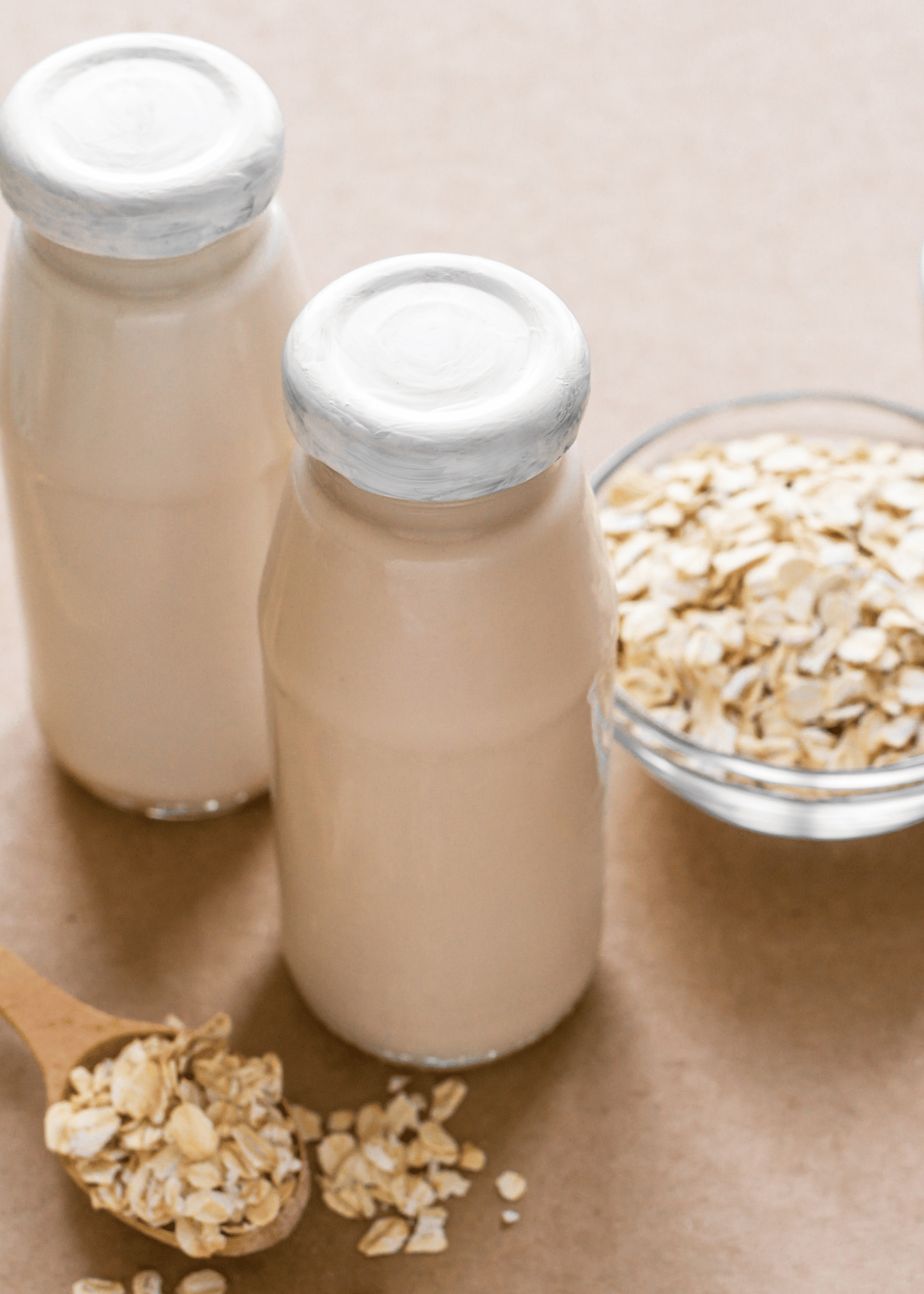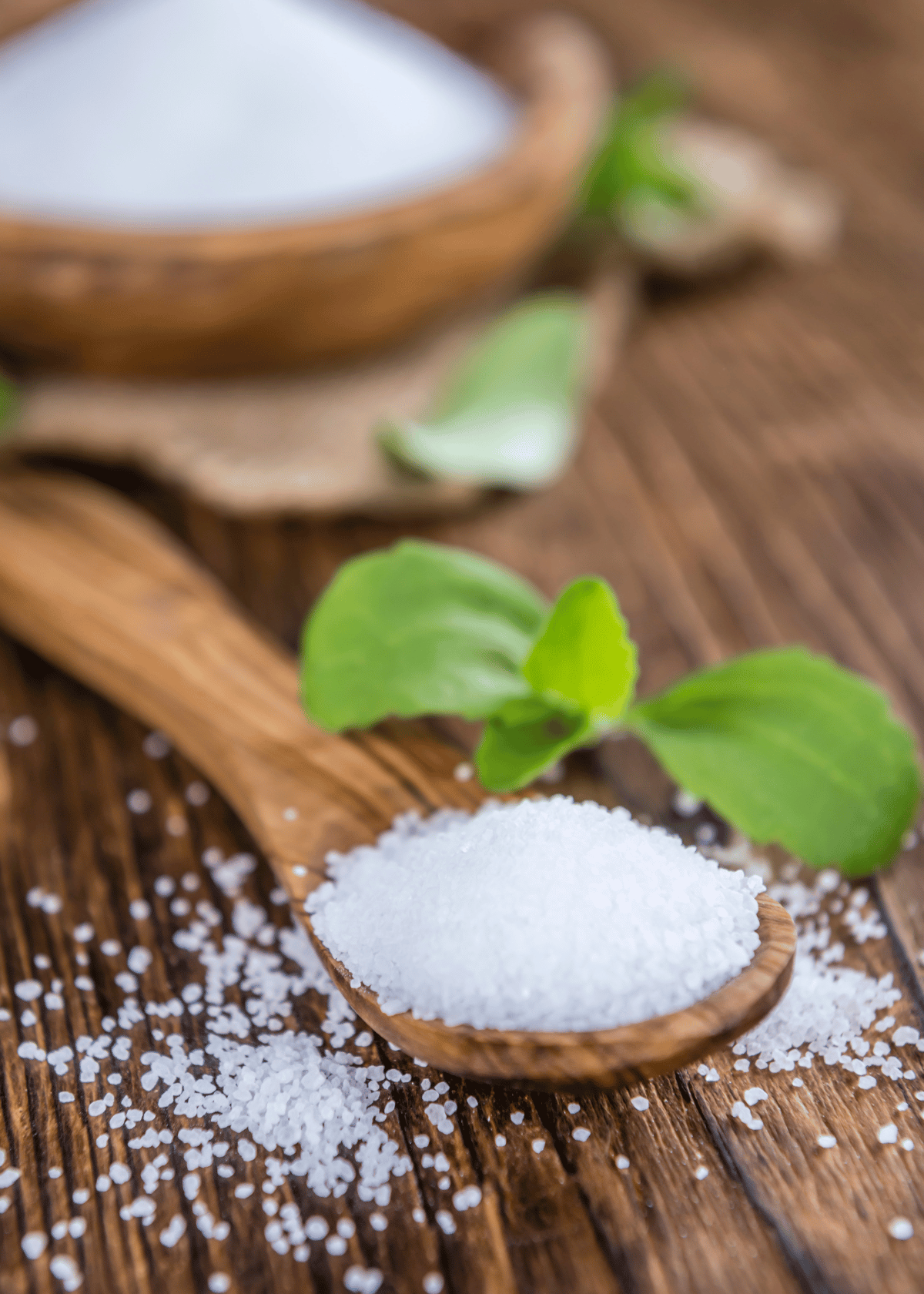Fasting has become a popular way to cleanse the body and improve overall health. But with so many different types of fasts, it can be hard to know what counts as breaking a fast. Is oat milk okay when you drink coffee in the morning? We’re going to dive into this question and explore the mechanics behind whether or not oat milk breaks a fast for you to make an informed decision that works best for your health.
What Is Oat Milk and How is it Made Commercially?
Oat milk is a plant-based beverage made from whole oats or oatmeal. It is produced commercially by soaking whole oats in water and then blending them with some additional ingredients such as oil (usually sunflower, rapeseed, or coconut oil), sweetener (maple syrup, cane sugar, etc.), thickening agents (such as guar gum) and flavoring elements (vanilla extract). The mixture is then strained through a fine mesh strainer to remove the large particles of oatmeal.
This type of milk alternative has gained popularity in recent years due to its dairy-free nature and many beneficial properties; it's rich in dietary fiber, calcium, and vitamins B12 & D which are often missing from other non-dairy products. It also has a very low saturated fat content compared to most other plant-based milk. Oat milk can be used for drinking on its own, poured over cereal, or added to your favorite recipes; it adds creaminess without adjusting the taste too much. Additionally, it's environmentally friendly since it requires minimal resources for production compared to dairy milk.
How Does Fasting Work?
Fasting is a popular dietary practice that has been around for centuries. The fasting period involves abstaining from food, drinks, and other forms of nourishment for a certain period. Fasting has many benefits to the body, including improved mental clarity and energy levels as well as weight loss.
The most common form of fasting is intermittent fasting (IF), which involves alternating between periods of eating and fasting states. During the fasted state, you should avoid all foods or beverages except water or unsweetened herbal teas. Intermittent fasting can help with fat burning by stimulating metabolic processes that break down fatty acids more efficiently than normal eating habits do.
In addition to intermittent fasting alone, some people use complementary methods such as consuming apple cider vinegar during their fasts to further increase their fat-burning potential and accelerate weight loss results. Apple cider vinegar aids digestion and can reduce hunger cravings while helping maintain your metabolism’s efficiency during the fasted state by increasing your metabolic rate and breaking down fats stored in cells faster than usual dietary patterns do.
Overall, fasting is an effective way to not only lose unnecessary body fat but also improve cognitive function due to the improved mental clarity it offers during times when we are normally distracted by food-related activities like snacking or preparing meals. However, it's important not to overexert yourself while practicing IF; always drink plenty of water throughout your fasts so you don't become too dehydrated leading up to each mealtime window coming back into a fed state following each one of them properly afterward.
Does oat milk break a fast and is it compatible with intermittent fasting?
Generally speaking, consuming any type of calories breaks a fast. This includes oat milk and other dairy substitutes like almond or coconut milk, as they all contain some type of calories. That being said, while strictly speaking any type of calorie-containing food or drink breaks a fast, depending on the dietary approach you are taking with intermittent fasting the degree to which this is important may vary.
For example, if you are following a 16:8 intermittent fasting plan (fast for 16 hours and eat within an 8-hour window) then having a small glass of oat milk at breakfast may not make much difference since in this approach it is more about when one eats than what one eats. However if someone is doing something stricter like alternate-day fasting (which involves only eating every other day), then even 1 calorie would be enough to spoil the purpose of such extreme calorie restriction.
Overall though, it depends on your fitness goals and the specific fasting protocol you follow - so consult with your healthcare professional before making any changes to ensure that oat milk fits into your diet plan in the safest way possible.
Does Unsweetened Almond Milk Break a Fast?
The answer to this question depends on the type and length of the fast you are undertaking. Generally speaking, unsweetened almond milk can an acceptable beverage during a fast as it is low in calories and contains no added sugar.
However, some studies suggest that any drink containing more than 50 calories can disrupt the metabolic process associated with fasting so if you are following a particularly long or extreme fast, you may want to avoid almond milk altogether.
When consuming unsweetened almond milk while fasting, it’s important to remember that the goal is to remove all sources of unnecessary nourishment from your body; consuming anything caloric can disrupt your progress. Thus, drinking unsweetened almond milk should be done in moderation – ideally only when extremely thirsty or light-headedness occurs - and within recommended calorie limits per day for whatever type of fast you have chosen (typically only around 200-400 calories).
What is the Typical Nutritional Value of Oat Milk?
Nutritional value of oat milk varies depending on the brand and type. For unsweetened, plain oat milk, a 1 cup (236ml) serving typically contains 120-130 calories, 2-4 grams of fat, 3-5 grams of protein, and 17-20 grams of carbohydrates. This also includes 3-4g fiber and 0 to 8g sugar. The calcium content will range from 150 to 450mg per cup.
It is important to note that the nutritional value may differ from other types of milk like almond or soy milk due to different processing methods used producing those milks. For example, a single serving (1 cup/236 ml)of sweetened almond milk may contain 130 calories with 8g added sugar compared to unsweetened almond which has 30 calories and no added sugars per single serve (1cup/240ml).
Overall consuming oat milk can provide essential vitamins and minerals for your daily diet if consumed in moderation as part of balanced meals three times a day along with regular physical activity.
Homemade Oat Milk Recipe
To make oat milk at home, you will need some steel-cut oats, filtered water, a cheesecloth or other strainer for filtering out the pulp, and a blender.
- Begin by soaking the steel-cut oats overnight in cold filtered water as this helps break down some of the starches which are generally hard to digest.
- The next day drains off the soak water and rinse the oats well with fresh filtered water then add new filtered cold water into the bowl with your soaked oats (1:2 ratio).
- Blend on high speed for two minutes then strain out all of the pulp using either a nut bag or cheesecloth and return just the liquid portion into your blender container.
- If it feels too thick try adding more filtered cold water then blend one last time before transferring it into containers for future use in lattes or smoothies.
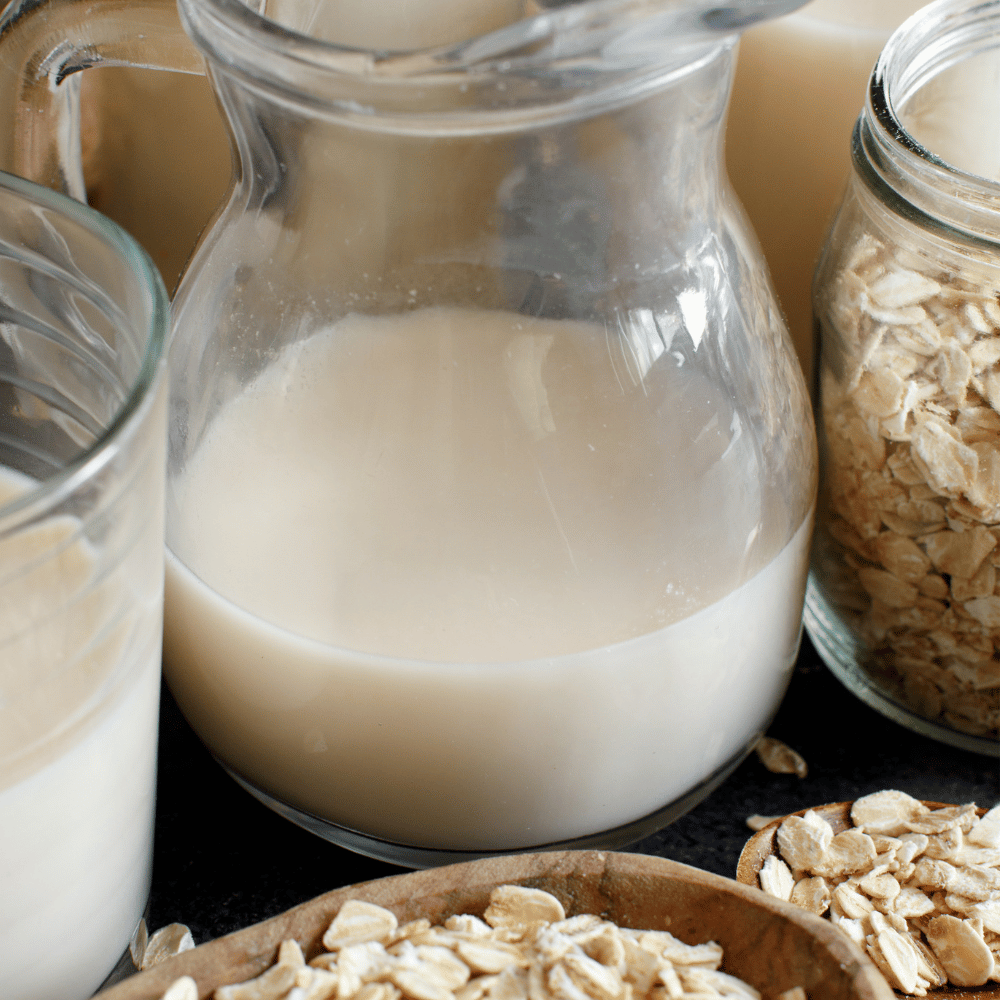
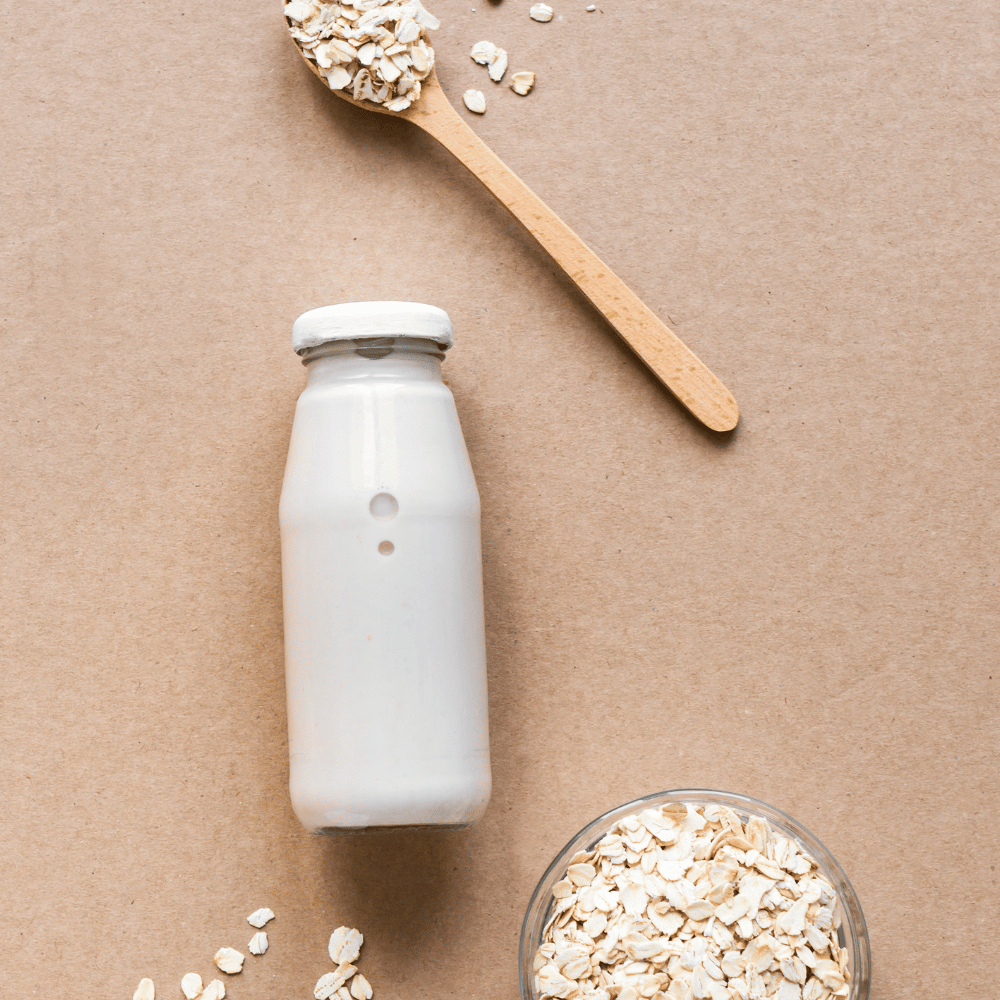
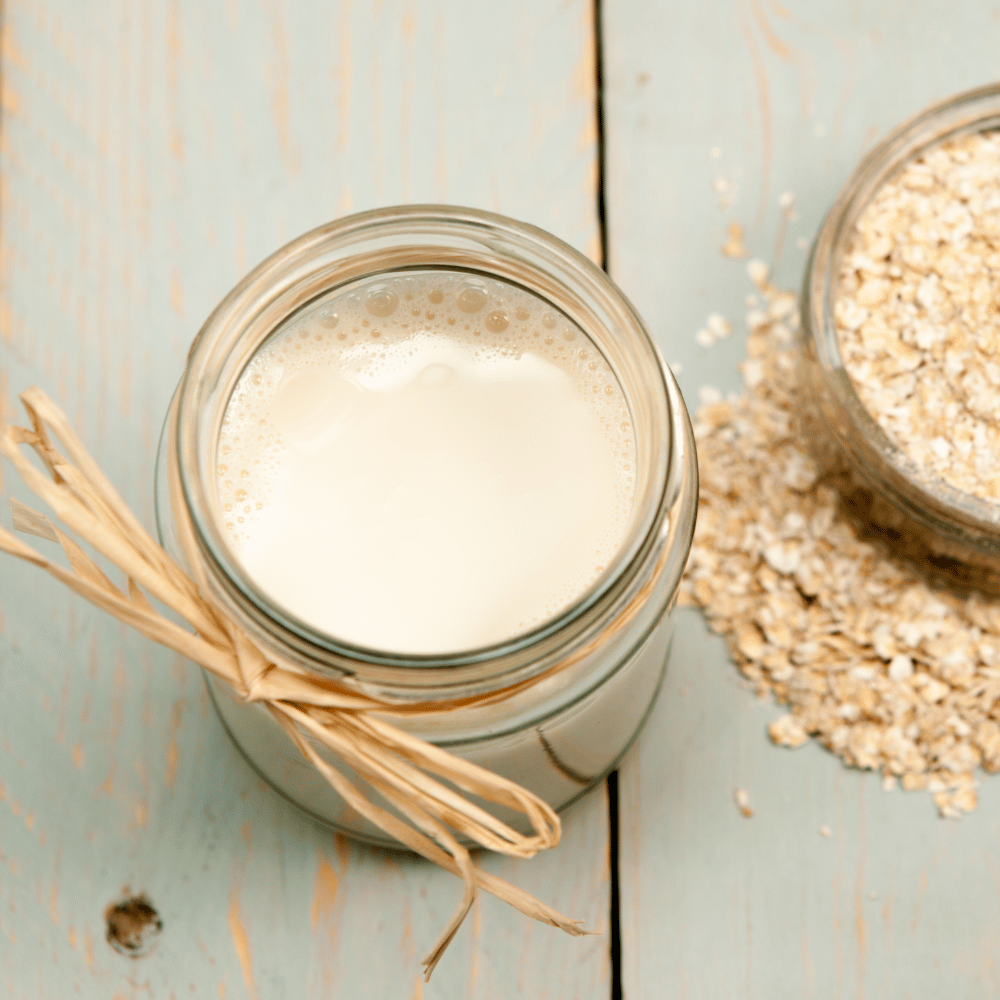
Homemade Almond Milk
Home-made almond milk is a great way to add delicious, healthy nutrition to your diet. Drinking almond milk can provide you with a number of health benefits like promoting healthy bones and teeth, helping maintain cholesterol levels, and preventing heart disease.
Making homemade almond milk requires only a few ingredients:
- Raw almonds
- Filtered water,
- Coconut oil, stevia or zero sugar artificial sweeteners for flavor enhancement (optional)
To make the milk itself:
- Soak 1 cup of almonds in 3 cups of filtered water overnight before draining off any access liquid.
- Throw the softened almonds into a blender with 4 cups of fresh filtered water before adding any additional ingredients according to personal taste preference.
- Blend on high for 3-4 minutes until creamy in consistency before straining through cheesecloth or nut bag into glass bowl or pitcher below.
- Place strained mixture back in blender alongside desired additions such as coconut oil (1 tsp) and zero sugar (2 tsp) for flavor enhancement.
- Blend together until incorporated then store finished product into airtight jars/containers up to 5 days refrigerated at all times when not drinking.
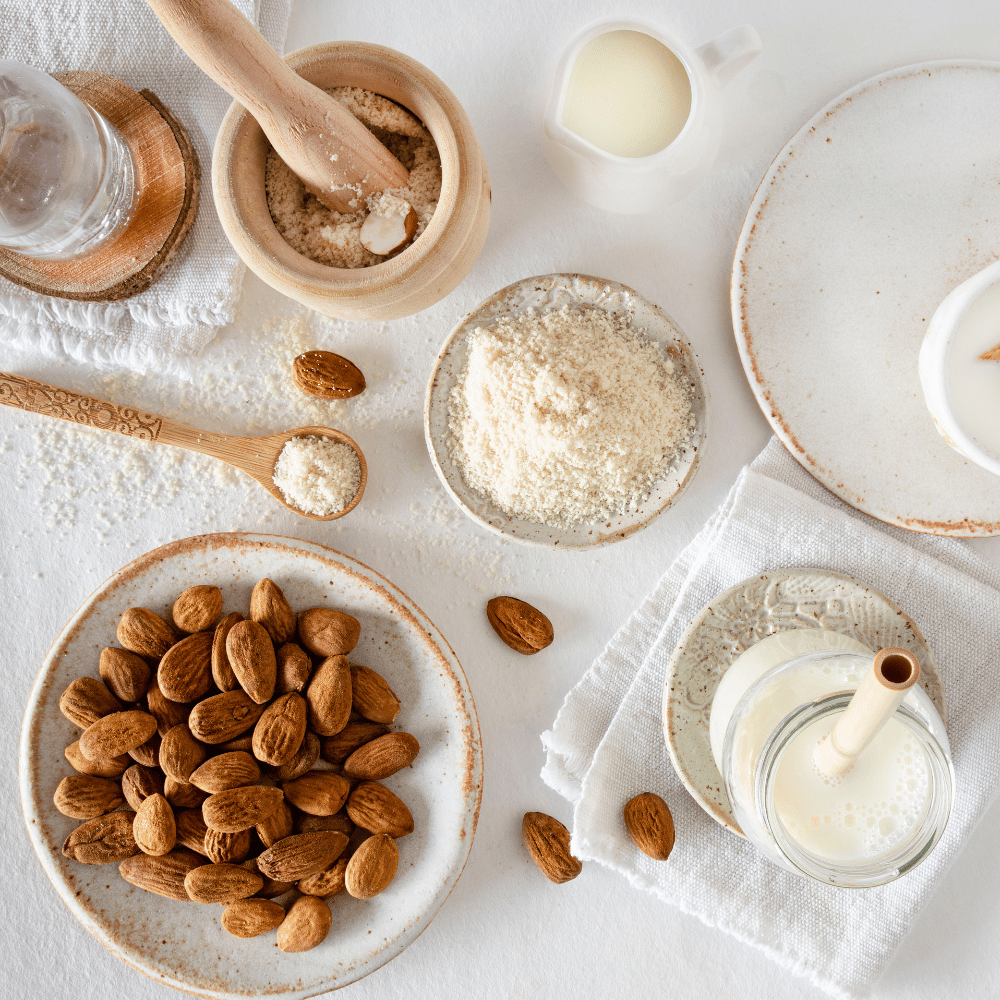
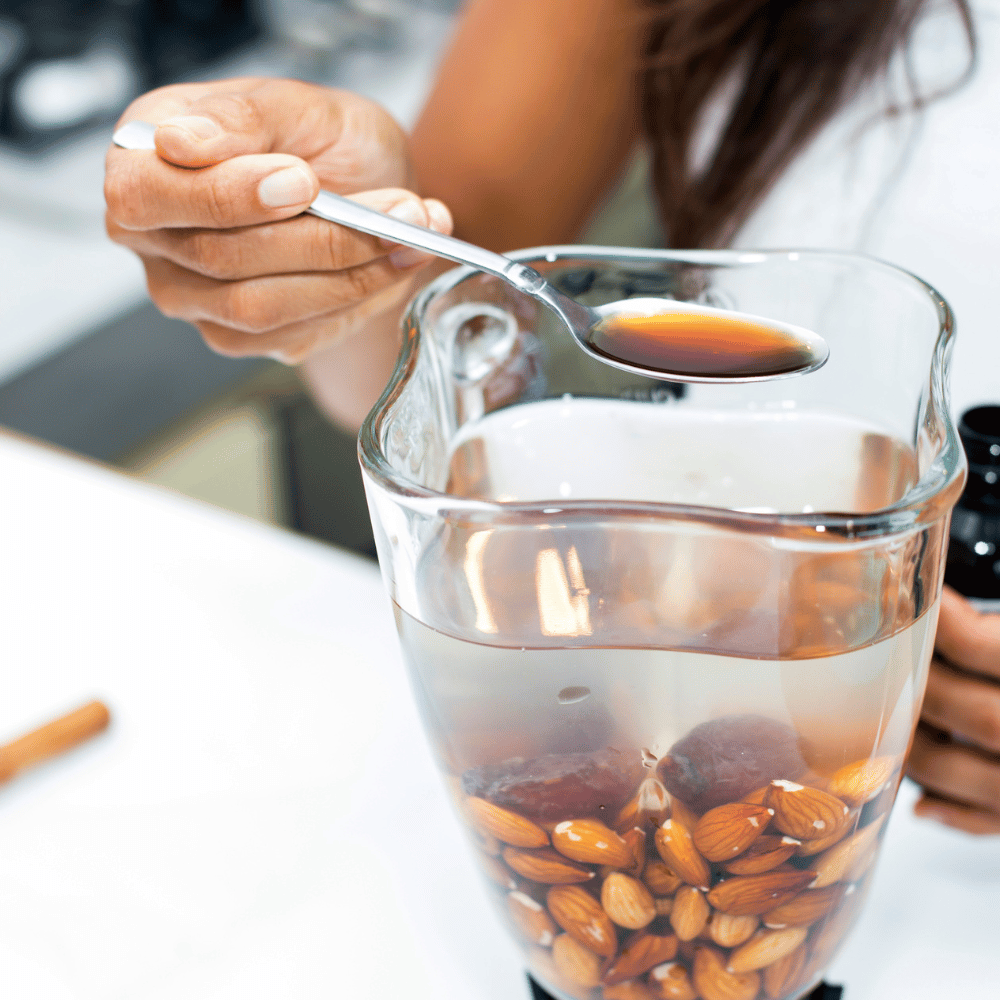
In Summary
All things considered, oat milk is a great choice for those seeking a non-dairy alternative for those still looking to drink milk. It can be used just like dairy milk in many of the same recipes and its creamy texture and flavor make it an excellent addition to coffee or smoothies.
Intermittent fasters should opt for unsweetened varieties of either almond or oat milk since both are low in calories, and are mostly compatible with diets following fasting guidelines. It's surprisingly easy to make at home as well; all you need are oats, water, and some basic kitchen equipment. Not only does this provide more control over one's nutrition in terms of added ingredients, but it often makes for a cheaper option than commercially purchased dairy substitutes.
Related Pages:

